Suicide Prevention Awareness Month
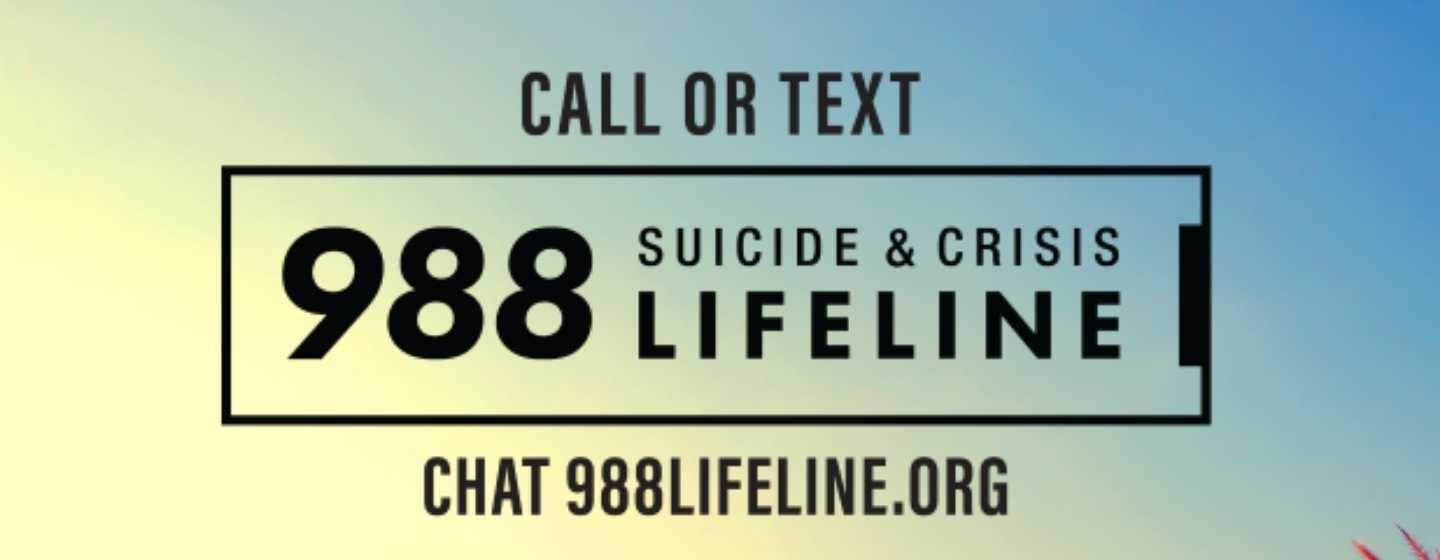

September is Suicide Prevention Awareness Month. We’re joining with mental health organizations and public media stations across the country to provide critical information and resources to our community on this urgent public health crisis.
Suicide takes 40,000 lives each year in the United States, killing more people than car crashes and twice as many as homicide. However, suicides can sometimes be prevented with support from family and friends and treatment from professionals.
This month, we're featuring critical conversations on mental health challenges and solutions in our community with ncIMPACT, a documentary from Twin Cities PBS about this mental health crisis, and a discussion with local experts, highlighting important resources for identifying risk factors and seeking support.
Moderated by ncIMPACT host and UNC School of Government Professor Anita Brown-Graham, the town halls explore mental health challenges faced by key populations in North Carolina and innovative approaches that foster resilience. Each town hall focuses on a specific group particularly impacted by mental health issues like depression, suicide, trauma and substance use. These groups include youth and young adults, veterans, older adults and people impacted by the justice system.
Watch ncIMPACT Fridays at 7:30 PM on PBS NC and streaming online and on the free PBS App.
This film combines the poignant personal stories of people impacted by suicide with profiles of scientists at the forefront of research, revealing new insights into one of America’s most pressing mental health crises. Shining a light on this difficult topic can destigmatize suicide while revealing that there is help and hope for those at risk and their loved ones.
PBS NC hosted a preview screening of Facing Suicide and a conversation with local experts. Watch our panel discussion below.
Dr. Carrie Brown, chief medical officer for behavioral health and intellectual and developmental disabilities, North Carolina Department of Health and Human Services
Dr. Vivian Barnette, executive director, Counseling Services, NC A&T University, Greensboro
Charnequa Kennedy, director, Counseling Center, North Carolina Central University, Durham
Bobby Peters, Peer2Peer student counselor, University of North Carolina at Chapel Hill
Ashish George, director of public policy/psychiatric advance directives (PADs) specialist, NAMI NC (National Alliance on Mental Illness), North Carolina
Fonda Bryant, certified QPR (Question Persuade Refer) Suicide Prevention Instructor, Member-at-Large, NAMI NC Board of Directors and featured in the documentary Facing Suicide
988 has been designated as the new three-digit dialing code that will route callers to the National Suicide Prevention Lifeline. The Lifeline provides 24/7, free and confidential support for people in distress, prevention and crisis resources for you or your loved ones and best practices for professionals in the United States.
If you’re in crisis or experiencing thoughts of suicide, call or text 988.
Anyone may request crisis or emergency services in North Carolina for mental health, substance abuse and intellectual and developmental disabilities issues.
If you have any further questions regarding Crisis Services within North Carolina, please contact 984-236-5300 or 800-662-7030 for Spanish. For resources to assist you with a crisis immediately, select your county from the drop-down box at Crisis Solutions NC.
Crisis Solution North Carolina is an initiative of the NC Department of Health and Human Services: Mental Health, Developmental Disabilities and Substance Abuse Services.
The NAMI NC Helpline provides support, resources and information to North Carolinians across our state.
The NAMI NC Helpline is available Monday–Friday, 8:30 AM–5 PM, by calling 800-451-9682 (NC only), emailing helpline@naminc.org or texting 919-999-6527.
Outside North Carolina, call or text the NAMI Helpline at 800-950-6264 or chat with NAMI online Monday–Friday, 10 AM–10 PM (Eastern).
If you’re in crisis or experiencing thoughts of suicide, call or text 988.
Trans Lifeline’s Hotline is a peer support phone service run by trans people for trans and questioning peers. Call 877-565-8860 if you need someone trans to talk to, even if you’re not in crisis or if you’re not sure you’re trans.
BlackLine 800-604-5841 provides a space for peer support, counseling, witnessing and affirming the lived experiences of those who are most impacted by systematic oppression with an LGBTQ+ Black femme lens.
Pro Bono Counseling Network provides counseling services free of charge to underinsured residents of Orange, Person, Chatham, and Durham counties in North Carolina.
The American Foundation for Suicide Prevention North Carolina Chapter hosts Out of the Darkness Community Walks throughout the state each fall. Register today for a Community Walk near you and join AFSP North Carolina Chapter as they walk to fight suicide.
Since 2008, the Alliance of Hope has been working to decrease stigma, increase understanding of the suicide loss experience, and provide direct support to survivors.
Some behaviors may indicate that a person is at immediate risk for suicide. The following three should prompt you to immediately call or text 988 for free, confidential crisis support.
Other behaviors may also indicate a serious risk—especially if the behavior is new, has increased or seems related to a painful event, loss or change.
Republished from the Suicide Prevention Resource Center.
Young people share their lived experience with suicide, hope and healing.
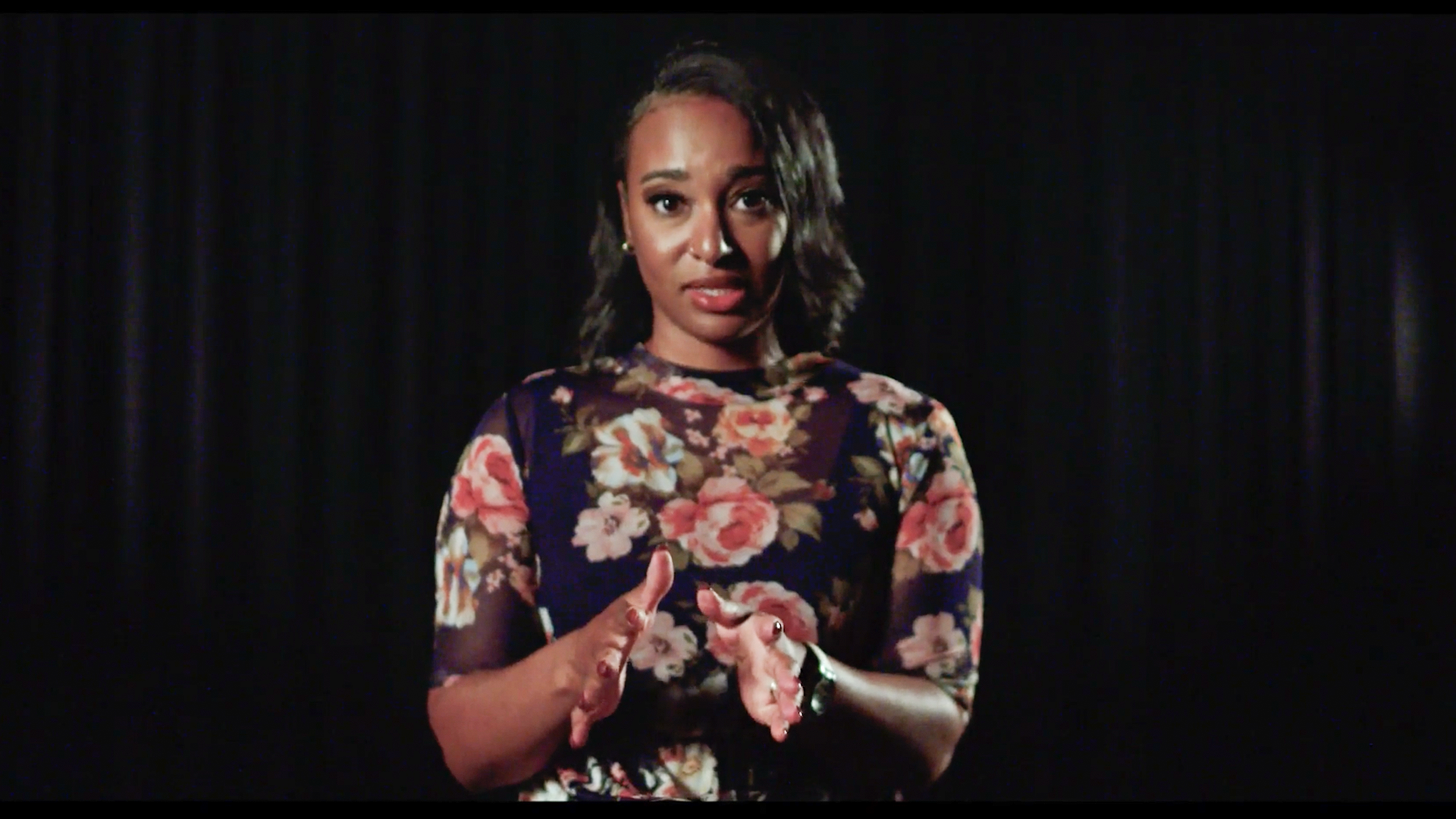
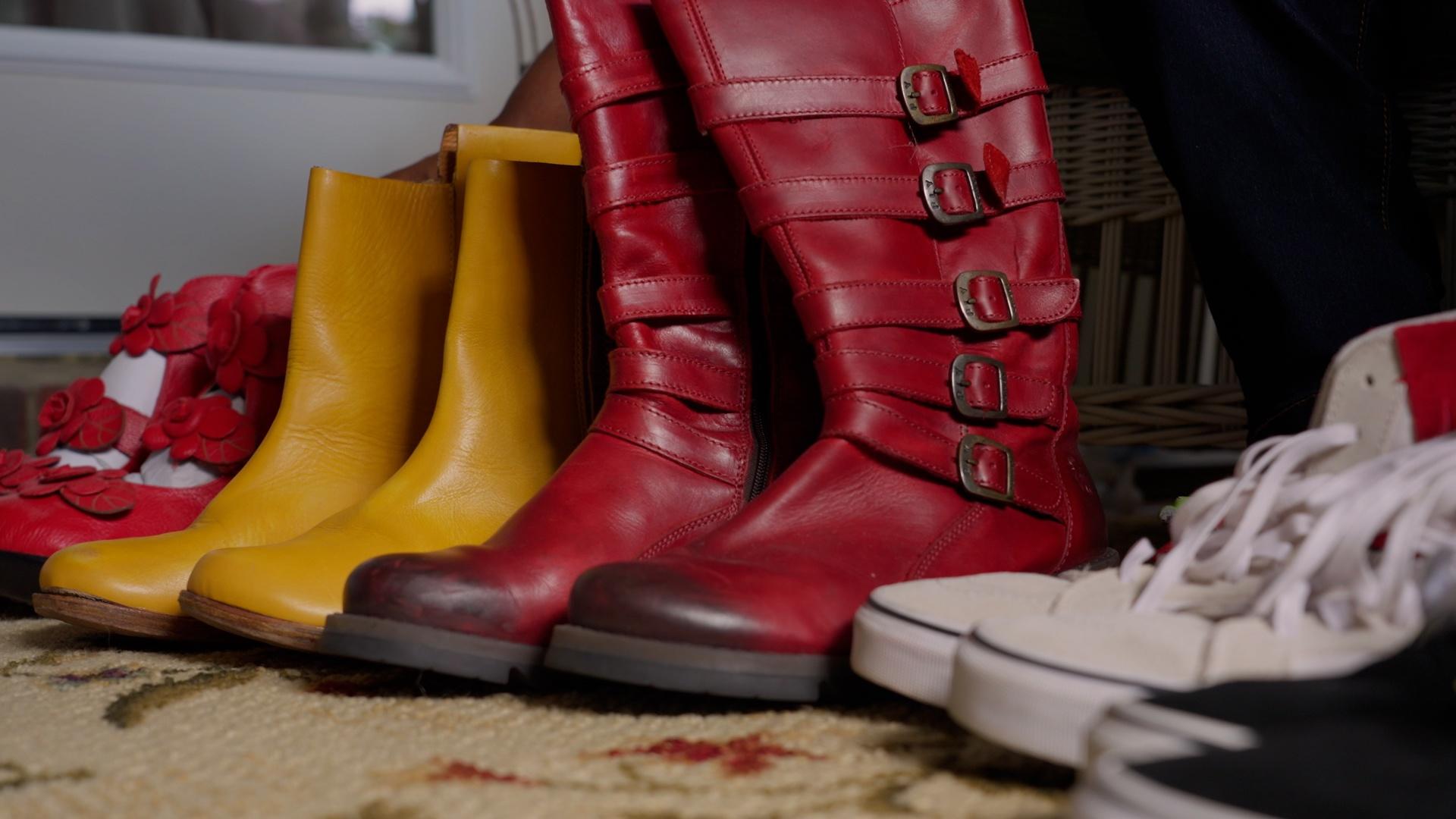
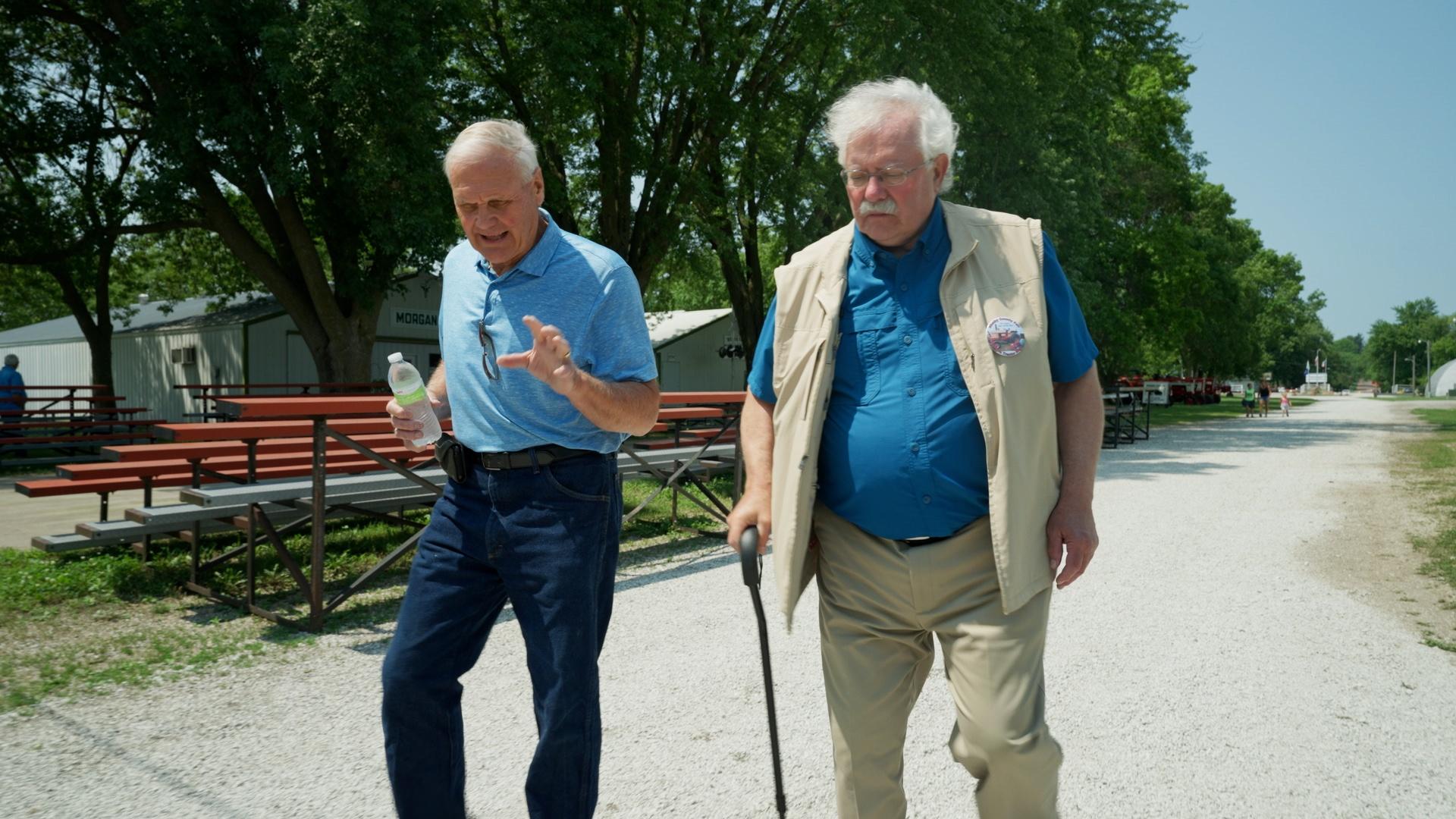
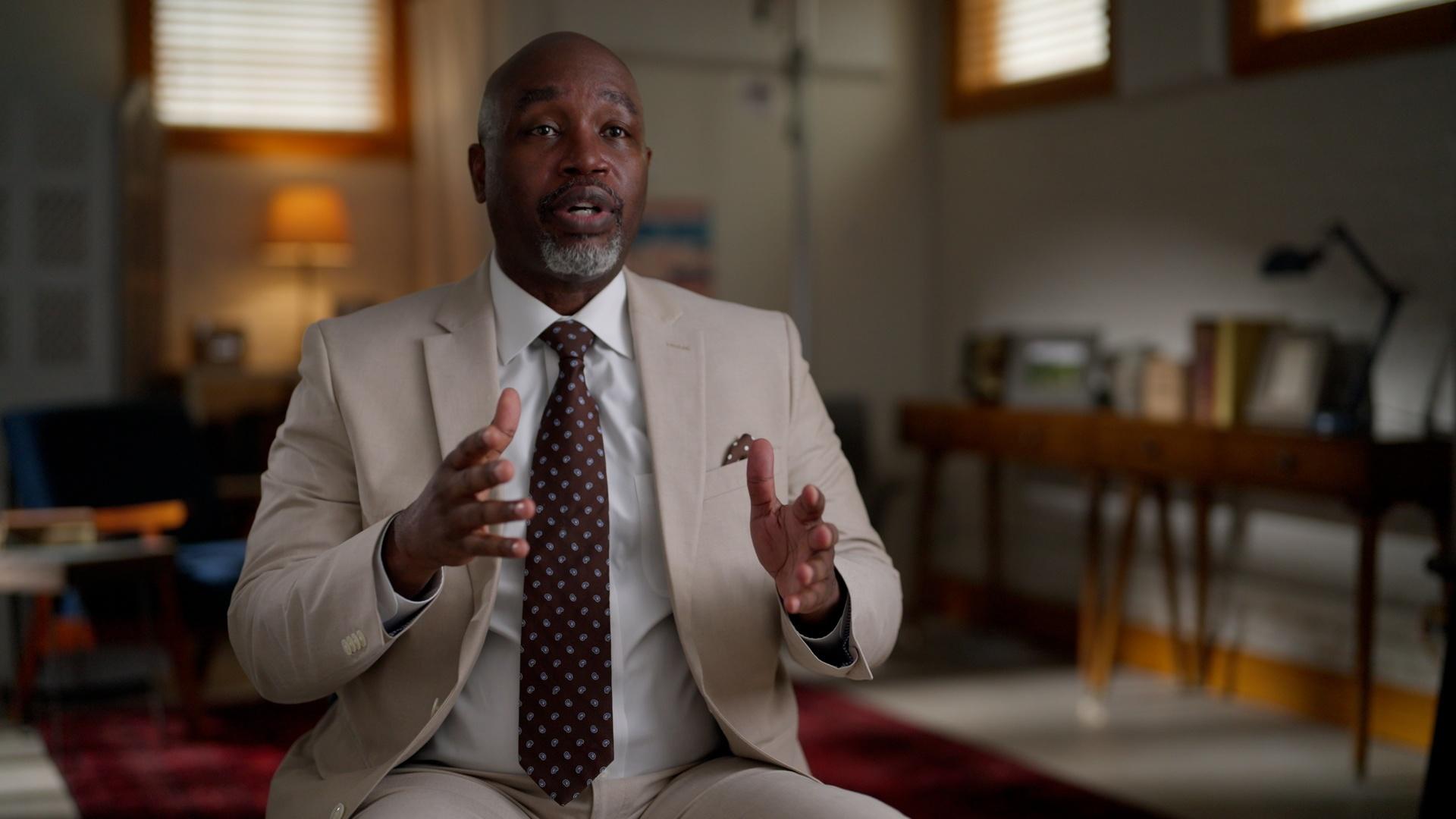

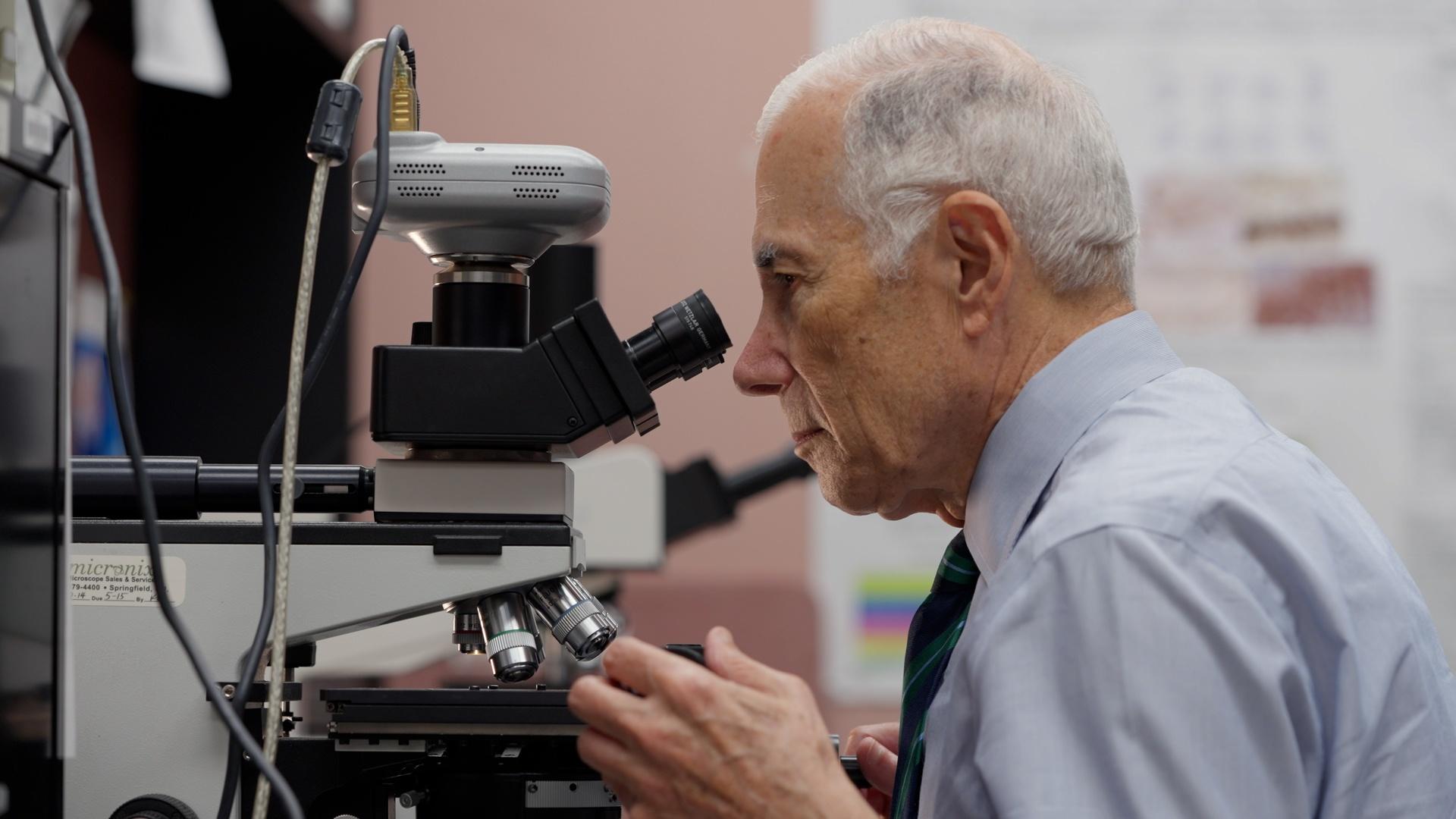
Well Beings is a campaign from WETA to demystify and destigmatize health concerns through storytelling. Together with partners from across the country, including patients, families, caregivers and professionals, Well Beings addresses the critical health needs of Americans through the creation of broadcast content, original digital content and impactful local events.
Olympic shot putter Raven Saunders was riding high after the 2016 games, but she wasn’t prepared for what came once she returned home. After receiving care for depression, Saunders spoke out about her struggles and became a leading advocate for mental health dialogue among athletes.
This film is part of the #WellBeings “Out of the Dark” docuseries showcasing the inspiring personal stories of the most influential youth activists in the mental health space. Each episode takes an in-depth look at the struggles each overcame, the impact of their work and their continued mental health journeys.



